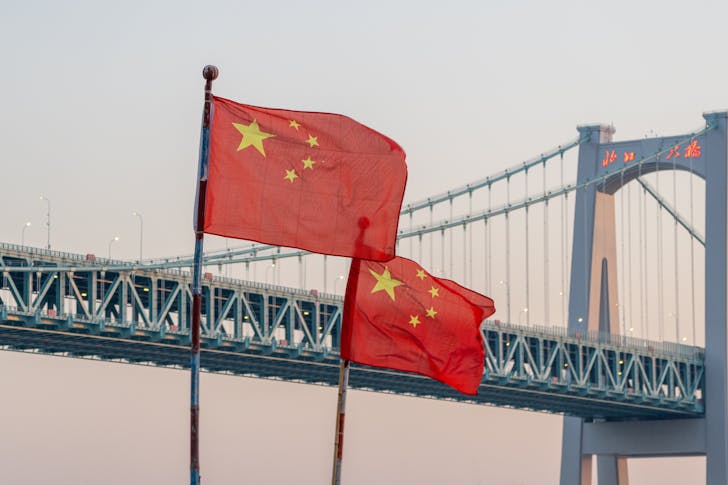The U.S.-China trade war has entered a new phase, and this time, Beijing is playing hardball. In response to escalating economic pressure from Washington, China has rolled out a series of sanctions targeting both rare metals and U.S. tech giants.
The message is clear: Beijing won’t sit idle while the U.S. disrupts its economy.
Fresh Sanctions Escalate the U.S.-China Tech War
Sanctions from China are now directly impacting the U.S. tech industry. Beijing’s latest move includes an anti-monopoly probe into Google, marking a significant step in its regulatory push against American tech firms.
While Google’s market presence in China is minimal, this move is largely symbolic. It signals a broader strategy to push back against U.S. dominance in technology.

The impact extends beyond legal scrutiny. Industry experts believe this is a warning shot to other American tech firms. If China tightens regulations on U.S. companies operating within its borders, it could create long-term challenges for Apple, Microsoft, and semiconductor giants like Intel.
With data privacy and cybersecurity concerns already at the forefront of global tensions, this move further complicates the fragile relationship between the two superpowers.
Rare Metal Sanctions Hit U.S. Supply Chains
Perhaps the most powerful weapon in China’s arsenal is not software. It is minerals. Beijing has imposed new export restrictions on 25 rare earth metals essential for U.S. tech manufacturing. From smartphone components to semiconductor production, these materials are vital for keeping Silicon Valley running.
Remember, China dominates the global supply of these metals, refining nearly 90% of the world’s rare earth elements. The U.S. government, caught off guard, is now scrambling to secure alternative sources. Reports suggest Washington is urgently negotiating with nations like Ukraine to bolster its supply chain. But experts warn that shifting production could take years.
The tech industry is facing a serious bottleneck, and the effects could ripple across everything from consumer electronics to military technology.
Retaliation of China & U.S. Beyond Trade Tariffs
Beijing’s countermeasures go beyond trade restrictions. New regulations threaten to squeeze U.S. businesses operating in China, putting pressure on American investors.

If Washington continues to restrict Chinese companies like Huawei and TikTok, Beijing could turn the screws even tighter, cutting off critical materials and creating additional hurdles for American businesses.
The Global Effects of the Sanctions Can Be Enormous
The impact of these sanctions stretches far beyond the U.S. and China. Countries that rely on American tech exports – such as Japan, South Korea, and Germany – are bracing for disruption. With semiconductor shortages already straining industries worldwide, further restrictions could deepen supply chain issues.
Automakers, smartphone manufacturers, and defense contractors all face potential slowdowns if access to rare metals remains uncertain.
Meanwhile, European nations are exploring ways to reduce their reliance on Chinese materials. The European Union has ramped up talks on rare metal mining projects in Africa and Australia. But, like the U.S., they face the same problem – scaling up production will take time and money.
Beijing’s latest move underscores a reality many Western countries have long ignored: China’s grip on key resources gives it significant geopolitical influence.



